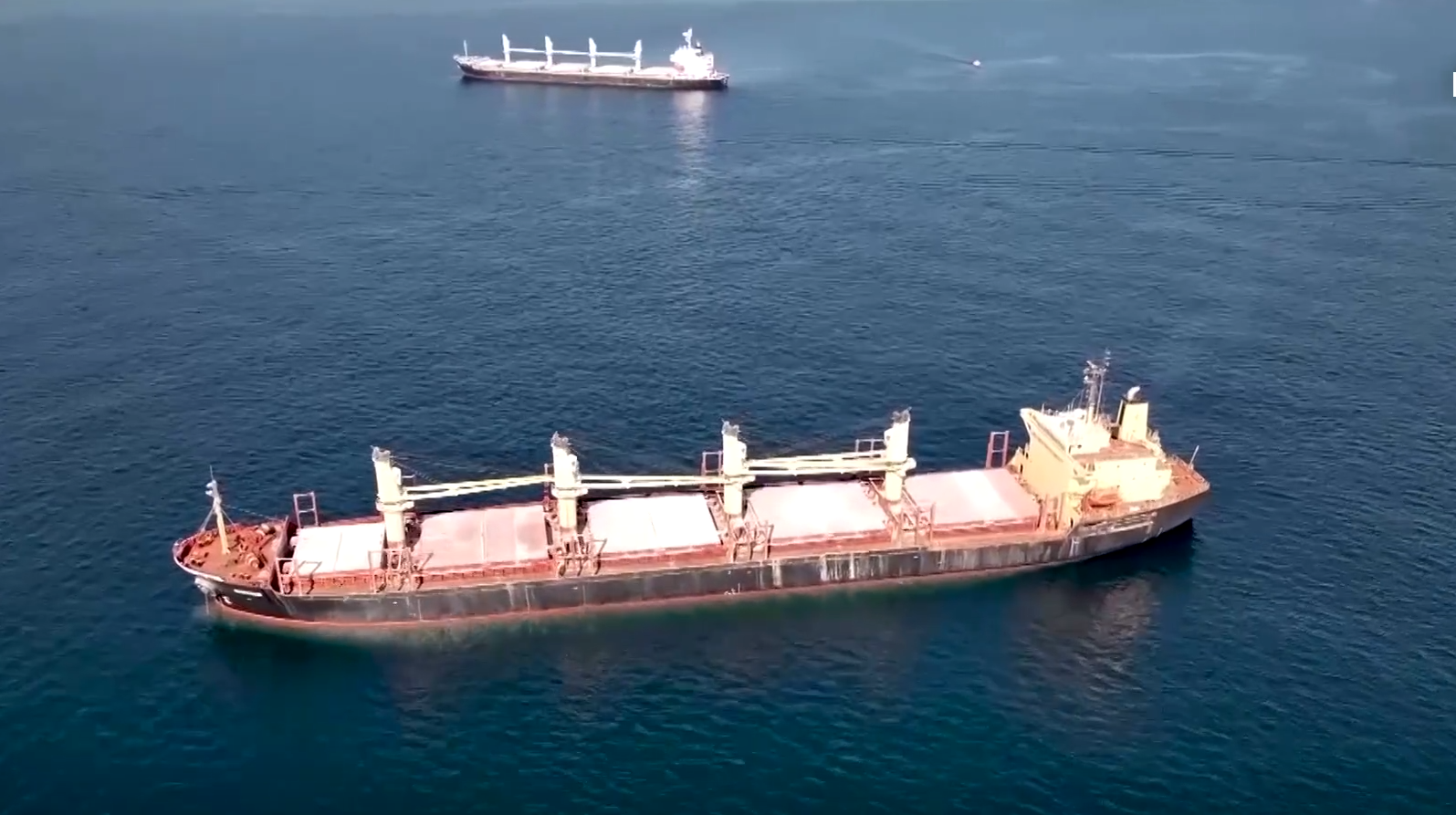
Yemen’s Houthi militants intensified their campaign to disrupt global shipping in the Gulf of Aden, targeting another cargo vessel on Monday. The attack heightened concerns about maritime security, with the vessel at risk of sinking, according to statements from Houthi military spokesperson Yahya Sarea.
The targeted vessel, named Rubymar, faced severe damage from the attack, though the crew managed to evacuate safely. The Belize-flagged, British-registered, and Lebanese-managed ship fell victim to the ongoing conflict in the region. Security firm LSS-SAPU, responsible for the safety of the Rubymar, confirmed that the crew had been rescued by another commercial ship and transported to Djibouti.
The attack on Rubymar marks another escalation in the Houthi’s aggressive stance against global shipping. Since November, the Iran-aligned group has launched multiple drone and missile strikes in the Red Sea and Bab al-Mandab Strait, drawing retaliatory actions from the United States and Britain.
In a separate incident, a Greece-flagged, U.S.-owned bulk carrier came under attack twice on Monday, sustaining damages to its windows. Fortunately, there were no casualties among the 23 crew members aboard the vessel, which was en route from Argentina to Aden.
Seafarers operating in these high-risk zones have expressed concerns for their safety, leading to industry-wide agreements granting them rights to refuse sailing through such areas and receive increased compensation for doing so.
The maritime industry faces significant challenges as a result of these attacks. Shipping associations have called for the release of crew members from the Galaxy Leader, a commercial ship hijacked by the Houthis three months ago. Meanwhile, companies like QatarEnergy, a major LNG exporter, have altered shipping routes to avoid the Red Sea, causing delays in deliveries.
The impact of disrupted shipping routes extends beyond the energy sector, affecting container shipping as well. With vessels rerouted, the apparel industry anticipates higher costs and delays in shipments, according to S&P Global Market Intelligence.
War risk insurance premiums have surged, reflecting the increased dangers faced by vessels navigating these volatile waters. Insurance sources report premiums now around 1% of the vessel’s value, adding significant costs to each voyage.
As the maritime industry navigates these challenges, shipping companies must carefully assess the risks to their vessels and prioritize the safety of their crew members. The ongoing conflict in Yemen underscores the need for heightened vigilance and international cooperation to safeguard global shipping routes.
Source: reuters

